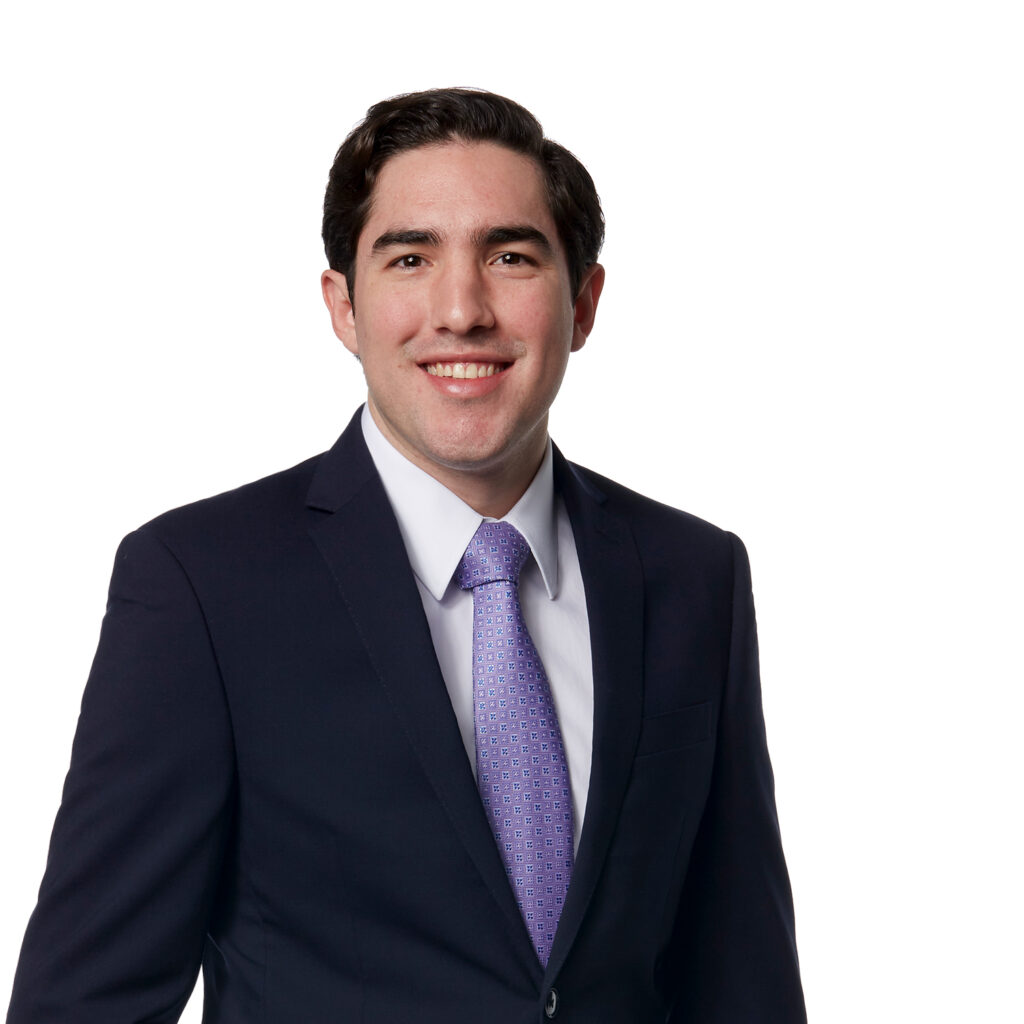After four and a half years of law school in Mexico, four internships at the Mexican judiciary and private law firms, and achievements at mock trial competitions, I was a first-generation Mexican lawyer looking for a career change. I had good litigation experiences and fascinating cases, but I felt something was missing, and a specific case was at fault.
It was a contractual dispute between two Mexican companies with a forum-selection clause in Mexico and events happening in Mexico. Nonetheless, once we were able to secure jurisdiction in a Texas court, it became a whole different ball game. A strange animal called “discovery” changed the adverse party’s attitude, who became more amical and amenable to reaching an out-of-court resolution. Foreign to the common law system, I was mesmerized by the pragmatism and simplicity of the process, which somehow achieved efficient and quite predictable results.
I eventually realized what I was longing for was to be a U.S. litigator. I was uneasy to leave everything behind though – I had lived in Monterrey, Mexico, my whole life, English was my second language, and I had no family or friends in the U.S. But I decided to take the long shot and started as a law consultant at an Austin-based firm and then enrolled to the LLM program at the University of Texas School of Law.

The long shot did not disappoint. I renewed my lost passion for oral advocacy and grew fond of the common law. Despite my strong accent, I finished runner-up in my first moot court under U.S. law and was fortunate to be part of the UT Law team who made history by finishing second place in a nationwide international-arbitration competition.
As to the common law, I found it to be rich in precedent but sometimes exceptionably capable of allowing the established rules to make an argument both in favor of or against a position. Likewise, I witnessed how the law could be rigid and tough, but flexible when fairness justified it. I finished my degree with a successful completion of the bar exam and became a Texas lawyer.
However, the biggest challenge was yet to come – getting a job as a U.S. litigator. Like most Mexican-trained attorneys who seek a litigation position in the U.S., the toughest struggle was convincing a U.S.-based law firm that you are as good as their other candidates, even when lacking a native-English proficiency and a full three-year juris doctorate degree.
I searched for months without success, until the most unexpected opportunity presented itself. A federal district court judge took an interest in my clerkship application and eventually offered me the job. Unbeknownst to Judge Michael J. Truncale, he made me the first foreign-trained lawyer to clerk for a federal court. Needless to say, Judge Truncale’s trust changed my career forever and gifted me with the most professionally gratifying work experience.
Such opportunity led me to the huge honor of clerking for one of the most amazing Latinas in law, Texas Supreme Court Justice Eva Guzman. It was an inspiration to see Justice Guzman, someone with a heritage and culture similar to mine, succeed as one of the best in the legal profession.
Like most things made in Mexico, I have found a wealth of opportunities in the U.S. I owe these opportunities to the people who have helped me along the way and opened doors for me. But I also owe it to my fellow Hispanics who came before me. It is because of their hard work and example that more opportunities are opening for the newer generations. Increasingly, employers are realizing that having a diverse team affords new ideas, creativity and progress. Winston & Strawn shares these values, and I am proud to be part of the firm and such an amazing group of lawyers.
Isaac B. Villarreal is licensed in Texas and Mexico and is a trial lawyer with Winston & Strawn LLP Houston office. His practice focuses on international disputes and complex commercial litigation matters.
